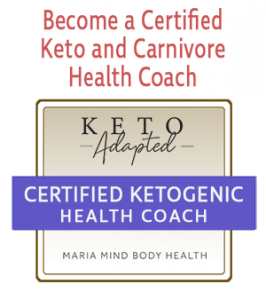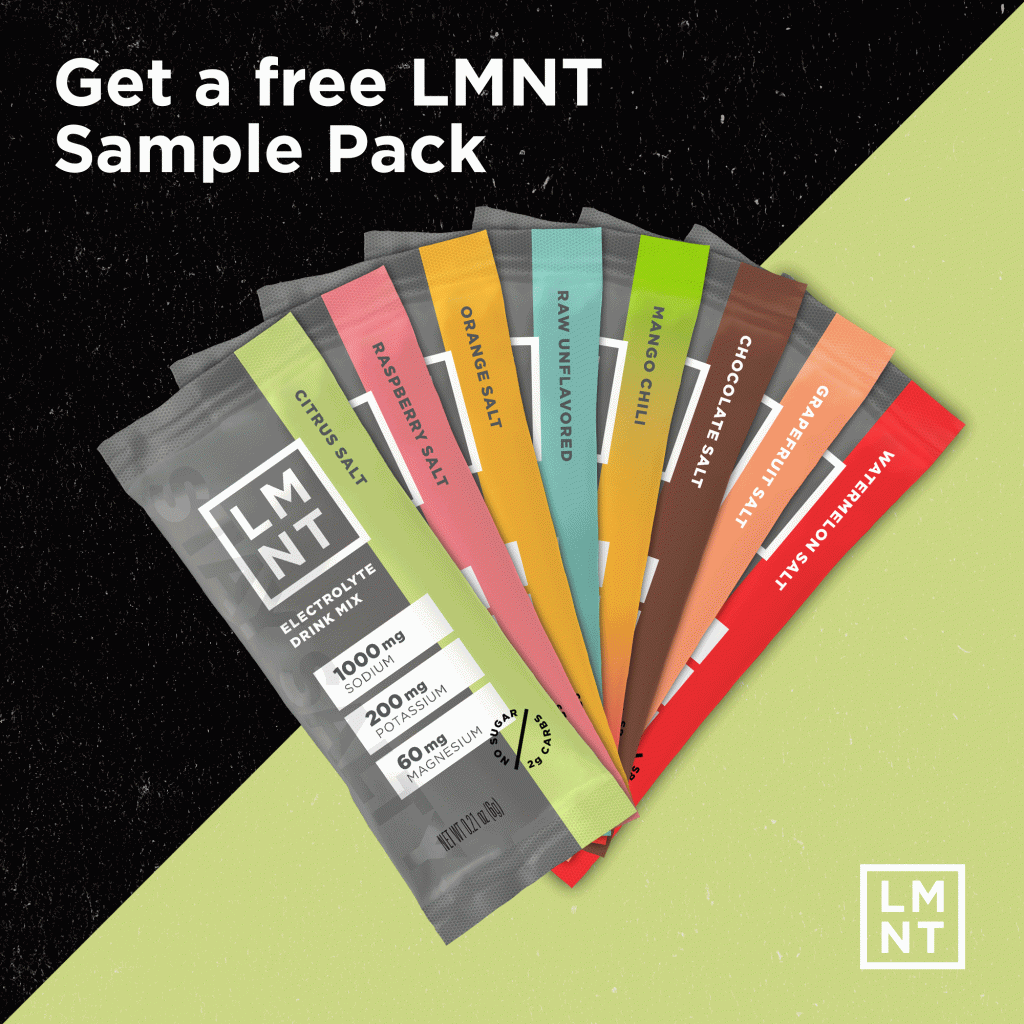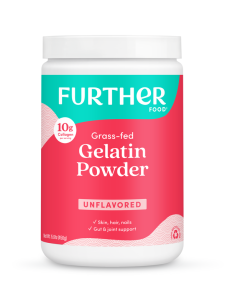Alzheimer’s Type 3 Diabetes
Do you know anyone suffering from Alzheimer’s or Dementia?
I tried to tell my parents that Alzheimer’s is referred to as Type 3 Diabetes, but for some reason that is a hard concept for many to wrap their heads around.
The brain prefers to use ketones instead of glucose for energy; in Alzheimer’s the brain can no longer convert glucose for energy, coconut oil is VERY healthy for these patients! As you can see in the photo, Steve’s brain worked better on ketones than on glucose.
Source: click here.
Eating a very low carbohydrate diet stimulates the production of ketones from body fat; which is why people lose weight on this diet. Cutting out carbs and reducing protein a bit also leads to a lower insulin level in the blood. This will result in higher blood ketones which is great for those with Alzheimer’s and Dementia.
A normal blood sugar is 1 TEASPOON of sugar in you blood. Many Americans consume over 63 teaspoons a day! If you can conquer a normal blood sugar, it reduces the problems associated with high insulin levels; insulin resistance, leptin resistance, high blood pressure, Metabolic Syndrome, weight gain, sleep issues…
To produce ketones, focus on carbs being only 30g or less total carbs per day. For diabetics, the level may need to be lower to counteract insulin resistance. Typical levels of carb intake for a type-2 diabetic are around 20 grams per day or less.
During prolonged periods of starvation or something such as marathon running, fatty acids are converted into ketones, the preferred energy source for highly active tissues like those found in the heart and muscles. Ketones provide a long lasting energy to all cells with mitochondria. Ketones are used to generate ATP. If you use glucose for energy, it needs the intervention of bacteria, ketones can be used directly.
*Note: Using a quality REAL salt is also essential for electrolyte balance. We start skipping the salt and we get low energy. I’m not talking about pre-packaged and fast food junk salt. A Celtic Sea Salt filled with minerals will help with energy.
I love getting texts from ongoing phone clients like this! Even while I’m on vacation!
“I had my year visit to my cardiologist last week. He said whatever it is I’m doing to keep it up my heart muscle is almost back to 100%. It was around 80% after the drugs I had during treatment and in the last year it has improved a huge amount. I am thrilled.”

















Maria, HELP! This article hit home. My aunt is currently in the hospital and has very high ammonia levels. She comes in and out of the present and is having some hallucinations. She is currently in ICU. The doctor today said they are considering moving her to long term care as they can’t do any more for her. Please do you have any advice for us that could help to lower her ammonia levels?
Yes. I’d be honored to help with a consult!
Hey Maria… I find this article VERY intriguing, and I was sharing it with some others this weekend. One of those I shared it with was my cousin who is a doctor and proceeded to say he was very skeptical (I was describing the clocks). Do you have any more scientific research/proof of the benefits of coconut oil for dementia patients?
There are many books written on the subject. The brain prefers ketones!
Good morning Maria – my mum has been diagnosed with alzheimers & the clock immediately struck a cord having been with her during her assessment. How much coconut oil should they be taking & in what form?
Regards Tracy ( Sydney Australia )
Where can I find the list of supplements to take for Alzheimer’s?
Right here: https://keto-adapted.com/product/supplement-plans/